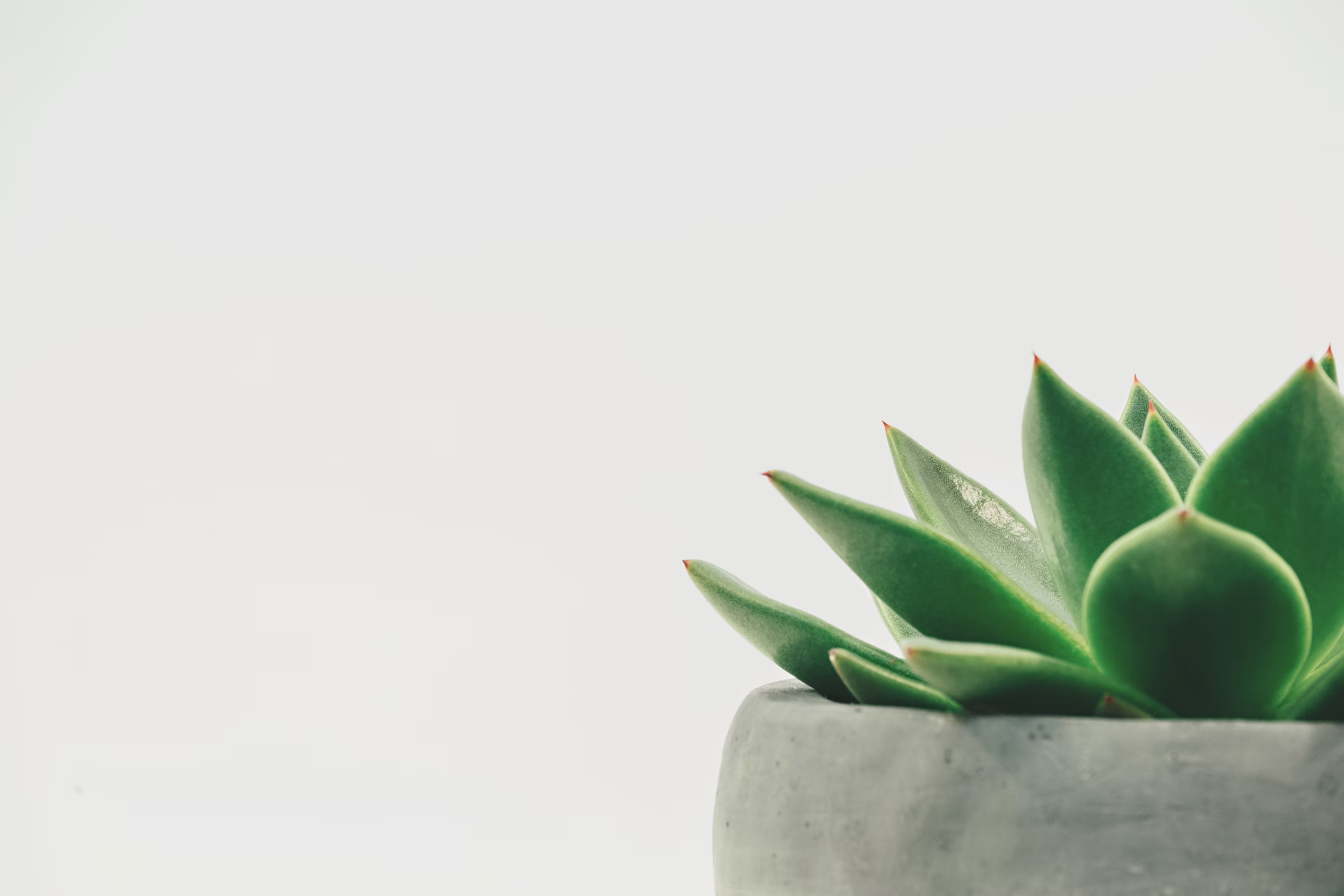Key Takeaways
- Cannabis can both lessen and worsen anxiety, with effects varying based on THC and CBD levels, strain type, and differences between people.
- Cannabis use is linked to an increased risk of anxiety disorders, with nearly 50% of people with cannabis use disorder experiencing co-occurring mental health conditions. This doesn’t necessarily mean cannabis use causes anxiety, but it’s something to keep in mind.
- Effective treatment for marijuana-induced anxiety includes cognitive behavioral therapy (CBT), mindfulness techniques, support groups, and mental health treatment tailored to each person’s unique needs.
The relationship between anxiety and cannabis is complex. For some people, cannabis may help ease anxiety, while, for others, it can make anxiety worse. Factors like the strain, amount used, and personal differences play a big role.
Research indicates that cannabis use is associated with an increased risk of developing anxiety disorders, including generalized anxiety disorder and social anxiety. People who use cannabis, or marijuana or weed, are 25% more likely to have an anxiety disorder than those who don’t. However, it’s unclear if cannabis use leads to anxiety disorders or if people with anxiety are simply more likely to use cannabis.
Nearly half of people with cannabis use disorder have a co-occurring psychiatric condition, such as panic disorder or obsessive-compulsive disorder (OCD). These findings don’t mean that cannabis use causes mental health conditions. It could be that people with mental health conditions are more likely to use cannabis to self-medicate. However, more research is needed to fully understand the relationship between cannabis and mental health.
Given the complexity of this relationship, consulting a mental health professional can help you understand how cannabis may be impacting your anxiety and develop healthier coping strategies tailored to your needs.
Does THC help with anxiety or cause anxiety?
Marijuana can affect anxiety in different ways, depending on the strain and amount used. A strain refers to the specific type of cannabis plant, which can vary in its levels of cannabinoids and terpenes, chemical compounds with different effects. THC (tetrahydrocannabinol) and CBD (cannabidiol) are the most common and well-known cannabinoids in the cannabis plant.
- THC is the compound in cannabis that causes a feeling of being intoxicated, or “high.” While it can have therapeutic effects for some people, it may increase anxiety — especially in high amounts. For others, it can lead to cannabis-induced anxiety symptoms, such as paranoia or anxiety attacks.
- CBD is known for its calming and relaxing effects and may help reduce anxiety, particularly in higher concentrations. CBD gummies and other products can help counteract the less desirable effects of THC, like anxiety and paranoia.
The balance between these two compounds can influence how cannabis affects anxiety. Strains with higher CBD and lower THC may help alleviate anxiety, while strains with higher THC could worsen anxiety for some people.
The effects of cannabis are different for each person, so it’s important to find the right balance. Consulting with a mental health professional can help you determine if cannabis is benefiting or worsening your anxiety.
The care you need, when you need it
Learn how Rula can support your mental health journey
What is cannabis-induced anxiety disorder?
Cannabis-induced anxiety can cause a variety of symptoms that affect both the mind and body. These symptoms can include:
- Restlessness
- Rapid heart rate
- Paranoia
- Excessive worry
- Difficulty relaxing
- Psychosis
The anxiety typically lasts a few hours, but the length of time can vary depending on how much cannabis you consume and how sensitive you are to its effects.
For some people, this type of anxiety can lead to ongoing issues, like increased anxiety in social situations, difficulty concentrating, and an overall reduced ability to manage stress. It’s important to recognize that cannabis can have different effects on each person, so the experience of anxiety may vary.
How to get rid of marijuana-induced anxiety
Treating both anxiety and unhealthy or excessive cannabis use often requires a combination of self-help strategies and therapeutic approaches.
Some effective methods include:
- Cognitive behavioral therapy (CBT): CBT can help you identify and change negative thought patterns that contribute to both anxiety and cannabis use. It teaches healthier coping mechanisms and problem-solving skills, which can reduce reliance on cannabis and help you manage anxiety.
- Mindfulness and relaxation techniques: Practices like meditation and deep breathing can help reduce anxiety by promoting relaxation and awareness of the present moment. These techniques also support emotional regulation, which is crucial if you’re trying to reduce your cannabis use.
- Support groups: Groups like Narcotics Anonymous (NA) or SMART Recovery offer peer support for those working to overcome substance use disorders, providing a sense of community and shared experiences. These groups can help you feel understood and less isolated as you address both anxiety and cannabis use disorder.
- Behavioral strategies: Setting boundaries, creating a structured routine, and avoiding triggers that lead to excessive or unhealthy cannabis use can be useful in managing both anxiety and substance use issues. These strategies can promote healthy habits and provide an alternative to using cannabis as a coping mechanism.
- Medication: For some, medications for cannabis dependence can be helpful. These medications should be used under the guidance of a healthcare provider and often work best when combined with therapy.
These approaches are effective because they address both the psychological and behavioral aspects of cannabis use and anxiety. By treating both conditions together, you can develop better coping strategies and healthier responses to stress, reducing the need for cannabis as a way of managing anxiety.
Find care with Rula
If cannabis-induced anxiety, cannabis use disorder, or anxiety are negatively impacting your life and don’t seem to fade on their own, it might be time to consider therapy options. Many people experiencing these issues have trouble finding the right therapist, and sometimes, attending sessions in person can feel overwhelming.
With Rula, you can quickly use our matching tool to find a therapist who specializes in anxiety and cannabis-related concerns and accepts your insurance. Then, you can meet with a therapist through our telehealth platform for a professional evaluation and work together to create a treatment plan that helps you manage your symptoms effectively.

About the author
Brandy Chalmers, LPC
Having faced challenges like childhood abuse, neglect, and the loss of her father to suicide, Brandy Chalmers is deeply passionate about providing compassionate care. She is a Licensed Professional Counselor, Nationally Certified Counselor, and Registered Play Therapist with a Master’s Degree in Clinical Counseling and Marriage and Family Therapy.
Brandy also teaches at a university, sharing her expertise with future mental health professionals. With over a decade of experience in settings like inpatient care and private practice, she specializes in helping clients with perfectionism, trauma, personality disorders, eating disorders, and life changes.
Rula's editorial process
Rula's editorial team is on a mission to make science-backed mental health insights accessible and practical for every person seeking to better understand or improve mental wellness.
Members of Rula’s clinical leadership team and other expert providers contribute to all published content, offering guidance on themes and insights based on their firsthand experience in the field. Every piece of content is thoroughly reviewed by a clinician before publishing.




